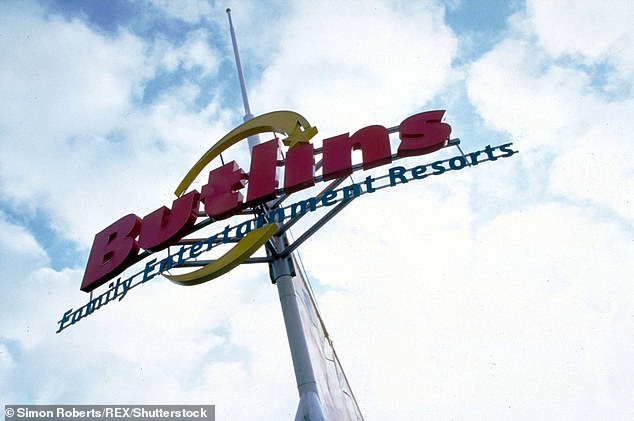Holiday firm Butlin’s warns staff ‘1,000 jobs are at risk of being axed when furlough scheme ends in October’
- Holiday firm Butlin’s is currently operating at half of its usual capacity
- They said they haven’t made a decision about workers on the furlough scheme
- Furlough scheme is due to end on October 31 and Government have ruled out extension
Holiday firm Butlin’s has warned staff that 1,000 jobs are at risk of being axed after the end of the furlough scheme in October.
The firm is currently operating at half of its usual capacity and hasn’t made a decision about workers on the government’s Job Retention Scheme.
A document sent to staff suggests employees will either take paid holiday – if they have any remaining – or unpaid leave if not, the BBC reported.
Butlin’s is currently operating at half of its usual capacity and hasn’t made a decision about workers on the government’s Job Retention Scheme

The furlough scheme is due to end on October 31 and the Government has ruled out any plans to extend it, while Chancellor Rishi Sunak has said he is ‘open to creative ideas’
Before the furlough scheme was announced, Butlin’s said 10,000 jobs were at risk with seasonal workers at risk of being laid off if it didn’t get enough state aid to pay their wages. Butlin’s has 6,000 employees in total.
The firm told The Sun it is aiming to get their team back to work as soon as they can.
It added: ‘We are working closely with UK Hospitality and the government to understand the implications of these constantly changing national circumstances.’
The furlough scheme is due to end on October 31 and the Government has ruled out any plans to extend it, while Chancellor Rishi Sunak has said he is ‘open to creative ideas’.
Up to 70 per cent of wages are currently covered by the scheme, with bosses paying 10 percent and national insurance and pension contributions.
Employers will be required to pay 20 per cent of employees’ wages from October 1, while the Government will continue to pay the remaining 60 per cent.
Butlin’s was opened in 1936, when Billy Butlin bought a plot of land in Skegness to make a British seaside break accessible to all.
He wanted families to feel cared for while they were away and built a team – now known as Redcoats – to set the standard for providing brilliant service to guests.
